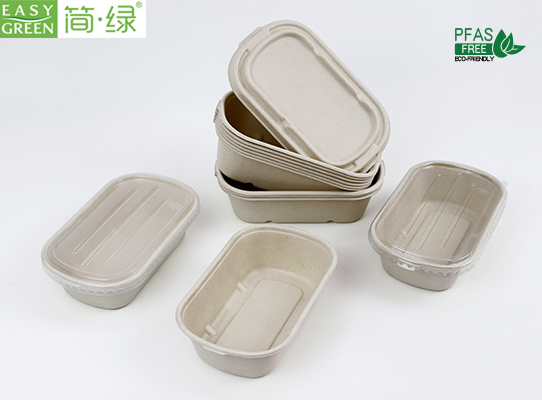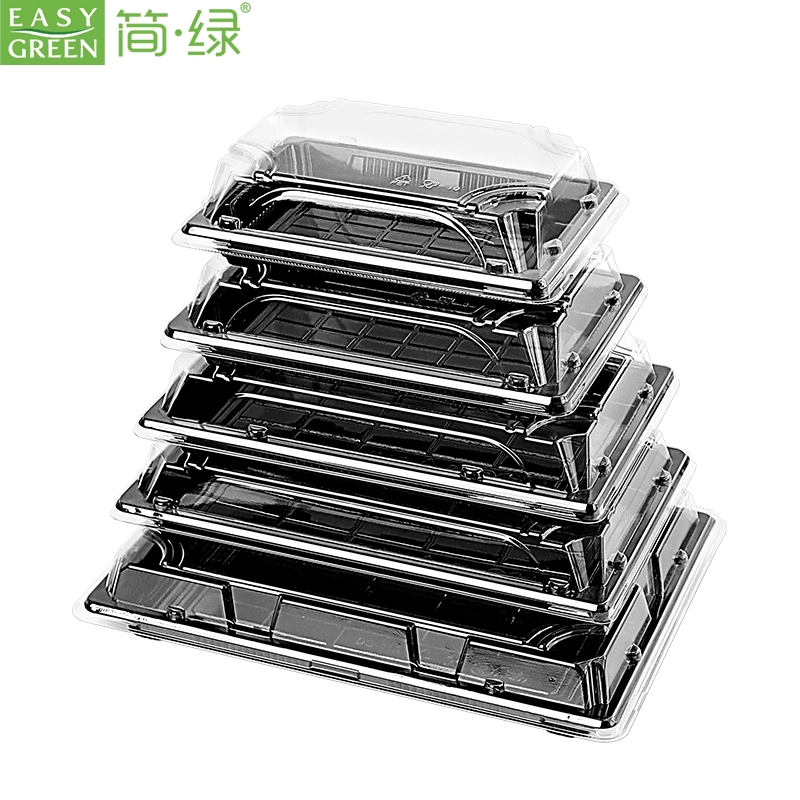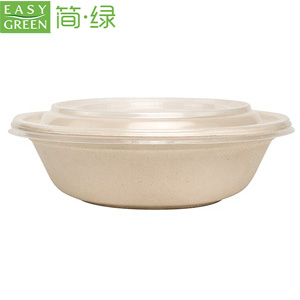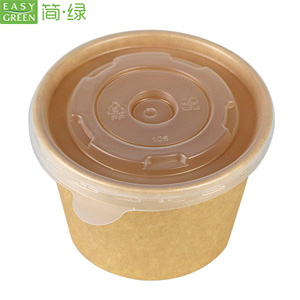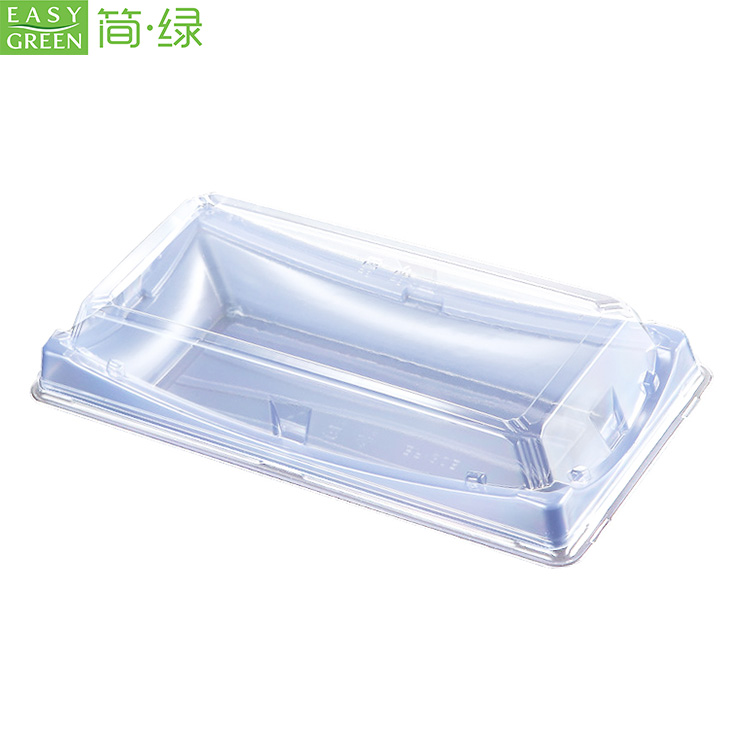Sugar cane packaging has come a long way from being just a means to transport and protect products. In today's world, it plays a crucial role in supply chains, ensuring the safe and sustainable journey of goods "From Field to Shelf." This blog explores the multifaceted role of sugar cane packaging manufacturers in modern supply chains, breaking it down into four key aspects.
Sustainable Sourcing: Choosing Sugar Cane for Packaging
At the heart of the sugar cane packaging industry's impact on supply chains is the sustainable sourcing of raw materials. Sugar cane is an ideal choice due to its rapid growth, renewability, and carbon-sequestering properties. Sugar cane packaging manufacturers have recognized the importance of eco-friendly sourcing, helping reduce the carbon footprint of the entire supply chain. By choosing sugar cane-based materials, companies contribute to sustainable practices and, in turn, enhance their brand's environmental image.
Innovative Packaging Solutions: Protecting Products and Reducing Waste
Innovations in sugar cane packaging have revolutionized the way products are protected and preserved during transportation. Sugar cane-based packaging materials are not only robust but also biodegradable, making them a sustainable choice. Manufacturers have developed creative packaging solutions that reduce waste and enhance product longevity. From biodegradable wraps to protective boxes, these innovations ensure products reach consumers in optimal condition, reducing supply chain losses.
Lightweight and Efficient: Reducing Transportation Costs
One significant impact of sugar cane packaging in supply chains is its lightweight and efficient nature. Sugar cane-based packaging materials are inherently light, reducing the overall weight of shipments. This, in turn, cuts transportation costs, as less fuel is required to move goods from manufacturers to retailers. The economic benefits of lighter packaging materials are significant, leading to cost savings that can be passed on to consumers or reinvested in sustainable practices.
Branding and Consumer Appeal: Boosting Sales
The packaging of a product is often the first point of contact between the brand and the consumer. Sugar cane packaging manufacturers understand the importance of appealing, eco-friendly packaging in attracting customers. Sustainable packaging not only appeals to environmentally conscious consumers but also helps build trust in the brand. This increased trust can lead to higher sales, making sugar cane packaging a valuable asset in supply chain success.
In conclusion, sugar cane packaging manufacturers play a pivotal role in modern supply chains. From sourcing sustainable materials to creating innovative packaging solutions, their impact is far-reaching. By contributing to sustainability, reducing waste, and enhancing product protection, they help products make the journey "From Field to Shelf" more efficiently and responsibly. In doing so, they not only benefit supply chains but also contribute to a greener and more sustainable future.
 English
English 
